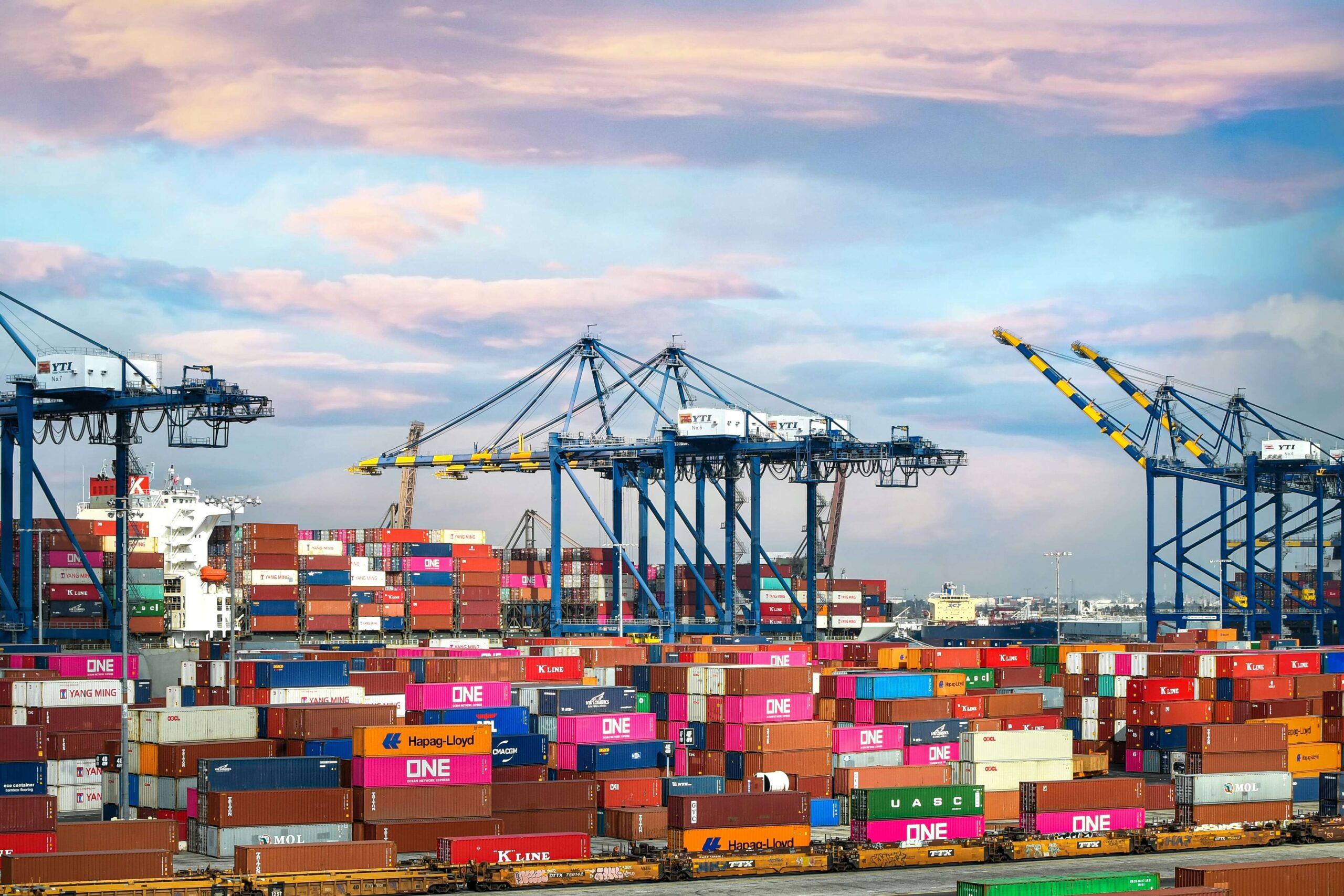Innovations in Bunker Fuel Production: Shaping the Future of Sustainable Maritime Energy
The field of bunker fuel production is rapidly evolving thanks to technological advancements that are revolutionizing how marine vessels are fueled globally. These innovations not only improve efficiency and sustainability but also ensure compliance with strict environmental regulations. Below, we delve into the
Bunker Fuel Supply Chain and Logistics: Ensuring Efficiency and Reliability
Bunker fuel stands as the essential energy source for maritime shipping, powering vessels that traverse the world’s oceans with goods essential for global trade. The intricate supply chain and logistics of bunker fuel distribution play a crucial role in ensuring its effective delivery
Bunker Fuel Quality: Standards and Regulations
Bunker fuel quality is essential for maritime operations, affecting engine performance, maintenance costs, and environmental impact. Maintaining high-quality bunker fuel requires adherence to rigorous standards and regulations aimed at ensuring safety, efficiency, and environmental sustainability in the shipping industry. Importance of Bunker Fuel
The Role of Bunker Fuel in Global Trade
Bunker fuel is a fundamental element that drives the global shipping industry, providing the energy necessary to propel vessels that transport the majority of the world’s goods across oceans and seas. This essential fuel type plays a pivotal role in enabling efficient and
The Economics of Bunker Fuel Pricing
Bunker fuel, a vital commodity in the maritime industry, operates within a complex economic framework shaped by numerous key factors. Understanding these dynamics is crucial for stakeholders in the shipping sector to navigate market fluctuations and make informed decisions. Crude Oil Prices and
IMO 2020: Compliance and Challenges for the Shipping Industry
The International Maritime Organization (IMO) introduced a groundbreaking regulation known as IMO 2020, which came into effect on January 1, 2020. This regulation mandates a reduction in the sulfur content of marine fuels from the previous limit of 3.5% to just 0.5%. The
Transition from Heavy Fuel Oil (HFO) to Low-Sulfur Fuel: A Maritime Evolution
The maritime industry, a backbone of global trade, has long depended on heavy fuel oil (HFO) for powering ships. However, increasing environmental awareness and stringent regulations have catalyzed a transition towards low-sulfur fuels. This change aims to mitigate the environmental and health impacts
The Environmental Impact of Bunker Fuel Usage
Bunker fuel, also known as heavy fuel oil (HFO), has been a cornerstone of maritime transport for over a century. While it has enabled global trade by powering the world’s largest vessels, its environmental impact has become a significant concern. The dense, viscous
The History of Bunker Fuel in Maritime Transport
Bunker fuel, a critical component in the operation of ships, has a storied history that parallels the evolution of maritime transport itself. This dense, viscous fuel oil, derived from the residues of crude oil refining, has powered vessels across the globe for over









